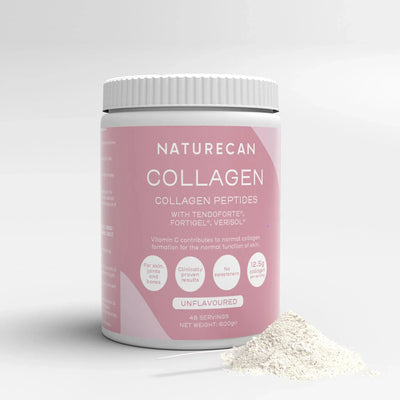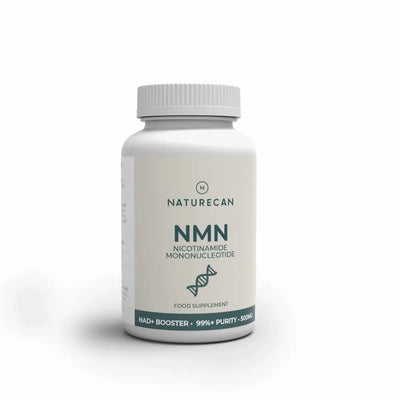WILL CBD HELP ME SLEEP?
From working the 9-5 and important family time to catch-ups and keeping fit, we live increasingly busy lives. With people across the world pushing themselves to squeeze extra work, play, and other parts of their hectic schedules into a single day, sleep is often the casualty.
Needing a minimum of 7 hours good-quality sleep to properly function, there’s no doubt that we all suffer indirectly as a result of a poor sleeping pattern. And despite having the best intentions by making time for proper sleep, it can then take us a while to drop off, while other times we wake throughout the night.
So, with worry, anxiety and stress being one of the main causes for broken sleep, is CBD the answer to getting not just the hours we need, but that restful deep sleep that lets our body replenish, repair, and be ready for the next day?
THE ENDOCANNABINOID SYSTEM
To answer that, we first need to understand what the endocannabinoid system is, and how it works within our body.
The endocannabinoid system is present in all humans and mammals, and helps regulate a wide range of cognitive and physiological processes. Although extremely complex, scientists have proven these include mood, appetite, sleep, and pain. For this reason, the endocannabinoid system is crucial to homeostasis – keeping all bodily processes balanced and functioning properly.
Within the endocannabinoid system is a network of cannabinoid receptors in the brain and central nervous system. The two primary receptors identified are CB1 and CB2, and bind with internally produced endocannabinoids to restore balance to the body. Phytocannabinoids (cannabinoids derived from the cannabis plant) such as CBD and THC, also naturally attach to these cells in a similar way and have various effects.
As far as how they may affect sleep, some research indicates that the cannabinoid CBD may interact with specific receptors to potentially, and positively, affect the sleep/wake cycle.

CBD AND SLEEP
In a study published in the Permanente Journal in 2019, 72 adults with anxiety and poor sleep completed anxiety and sleep assessments at the start of the study, and at a one-month follow-up session. Study participants were given 25mg of CBD in capsule form. Those that predominantly had sleep complaints took the dose in the evening. Participants that had anxiety as the predominant complaint took the CBD in the morning.(1)
After the first month, anxiety scores decreased in 79 percent of the people. Sleep scores improved in 66 percent of the participants, which indicated less trouble sleeping. This highlights a huge improvement, and a more-than-impressive case study that certainly is encouraging to individuals who want to see if regular use could work for them too.
Although more studies need to be performed, additional research also supports the theory that CBD may improve sleep. A study published in the journal Medicines involved 490 people with insomnia. Data was collected from June 2016 to May 2018. Participants rated their symptoms of insomnia on a scale of 1 to 10 with 10 being the most severe. Starting symptoms were rated 6.6 on average.2 The participants were treated using the cannabis flower with varied combustion methods including vape, pipe, and joint. CBD potency was on average 5.7 percent and limited to 30 percent. Following cannabinoid use, participants rated symptoms on average to be 2.2, which was a decrease of 4.5. This results once again support the theory that cannabinoids, and most importantly CBD, helped decrease the symptoms of poor sleep and insomnia.
The case for CBD and sleep improvement continues to mount, with individuals across the world, including sports stars and celebrities, owing their newfound sleep regimes to all-natural CBD. But with research and studies now building, people have the increased evidence they need to try this risk-free, drug-free alternative for themselves.
PUTTING PAIN TO BED
Anxiety and interrupted patterns are not the only reason that many of us struggle to get our all-importan hours each and every night. Those that suffer with recurring pain, whether from medical conditions or miscellaneous injuries, also have trouble sleeping, despite setting aside the time needed to rest their body and its functions.
Addressing that, some commentators suggest that CBD is definitely helpful when the poor sleep is caused by external factors including pain or inflammation. This was backed up by the experience of Dominic Day, a Saracens and former Welsh international rugby player, who started taking CBD for a knee injury sustained in 2018. "I saw an online article about how CBD could help with pain, and thought I would give it a go," he says. "Within a couple of days, I noticed I was sleeping better. I woke up feeling refreshed and my recovery after training seemed faster."(4)
Battle-hardened rugby players know pain better than most, and this tried-and-tested review is yet another strong indication that CBD could be very effective for pain management, especially regarding improved sleep.

THE REST IS UP TO YOU
Not only does lack of sleep leave you feeling grumpy, it can actually lead to poor health, and many debilitating conditions as we get older and less active. So, with CBD offering a potential way to improve our approach to restful sleep in 2019 and beyond, is it time to see if it can benefit your own sleep?
With kinds of CBD oils and capsules now available, there’s certainly a product and strength that can fit your specific needs on the way to those golden hours of unbroken sleep.
Sources:
1) https://www.ncbi.nlm.nih.gov/pmc/articles/PMC6326553/
2) https://www.ncbi.nlm.nih.gov/pmc/articles/PMC6164964/
3) https://www.telegraph.co.uk/health-fitness/mind/can-cbd-oil-give-better-nights-sleep/
4) https://www.sleepassociation.org/sleep-treatments/cbd/
5) https://www.healthline.com/health/cbd-for-insomnia
6) https://www.tuck.com/what-is-the-endocannabinoid-system/
7) https://www.ncbi.nlm.nih.gov/pubmed/30624194





